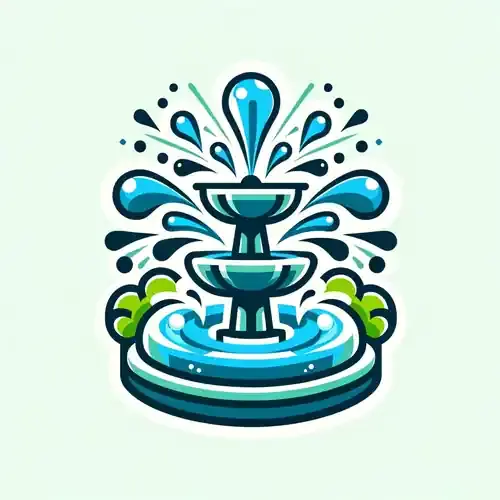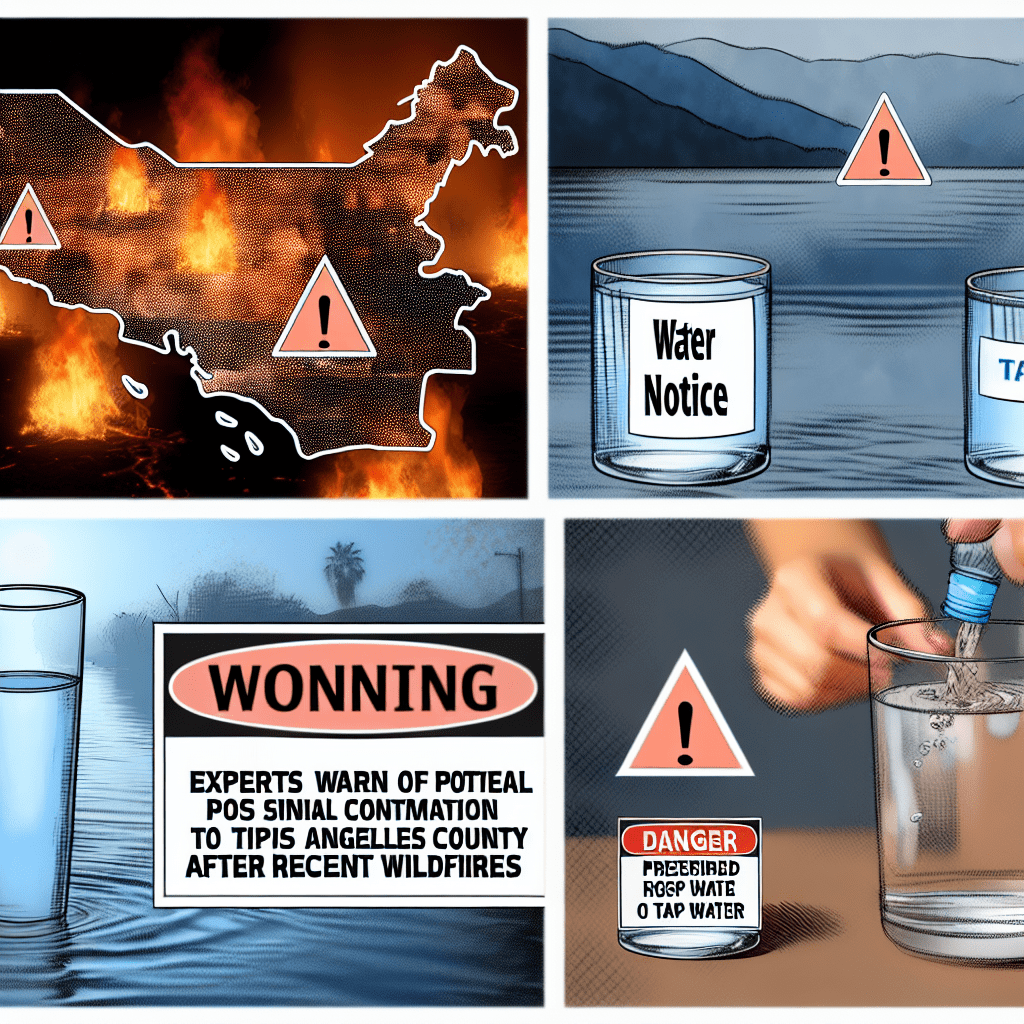4
According to experts, the recent wildfires in Los Angeles County have caused concerns about potential contamination of drinking water. At least two water departments have issued warnings for residents to not consume tap water due to possible damage to local infrastructure and release of chemicals from the fires.
The Los Angeles Department of Water and Power has instructed residents in the Pacific Palisades and adjacent communities to use bottled water for all drinking and cooking purposes. Similarly, the Pasadena Water and Power Department has advised residents to switch to bottled water until further notice, citing concerns about debris entering the water system.
Experts warn that chemicals and pathogens may have entered the water supply, posing potential risks to human health. However, it may take some time for tests to determine the extent of contamination as the fires are still active. In the meantime, it is recommended to assume that the water is highly contaminated and to follow the advisory to not drink tap water.
Jackson Webster, an assistant professor of civil engineering at California State University, Chico, states that it is common to see drinking water contamination after wildfires in urban areas. He also notes that a telltale sign of contamination is a drop in water pressure, which can cause contaminants to be sucked into the system.
Other experts, such as Fernando Rosario-Ortiz, a professor of environmental engineering at the University of Colorado Boulder, emphasize the importance of testing water to ensure safety before consuming it. Thomas Young, a professor of civil and environmental engineering at the University of California, Davis, adds that it is essential to test for the most hazardous chemicals first and use it as an overall indicator of water safety.
The testing process could take weeks or even months, depending on the level of contamination. If contamination levels are low, flushing out water pipes may be sufficient to remove the hazard. However, in cases of high contamination, it may be necessary to replace the pipes altogether.
It is also possible for neighborhoods where homes did not burn down to still have contamination in their water supply, as firefighters may have dragged contaminated water across the system while fighting the fires. Therefore, it is crucial to continue monitoring and testing the water even after the fires have been extinguished.
Overall, experts urge caution and following the advisory to not consume tap water in affected areas. It is essential to prioritize the safety of the community and take necessary precautions to prevent potential health risks. Original Article: https://www.nbcnews.com/science/science-news/drinking-water-contaminated-l-county-areas-affected-wildfires-experts-rcna1874854

